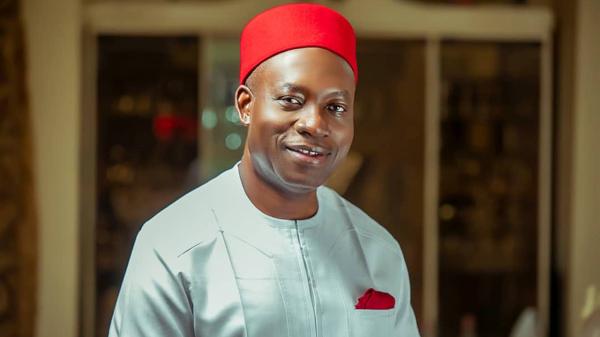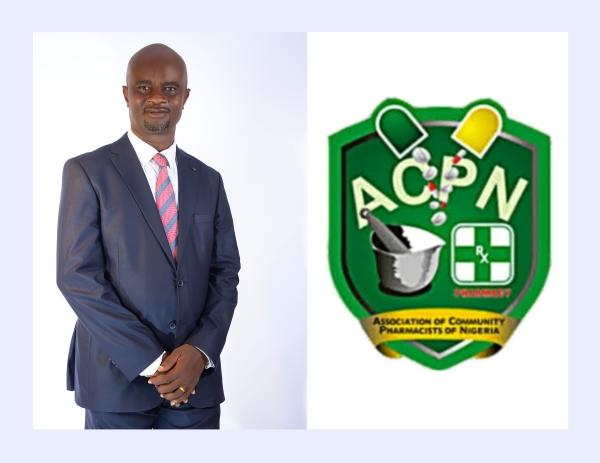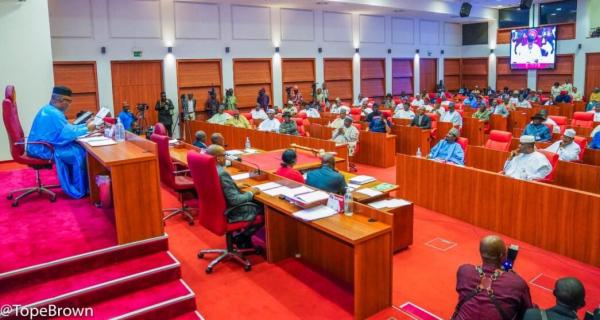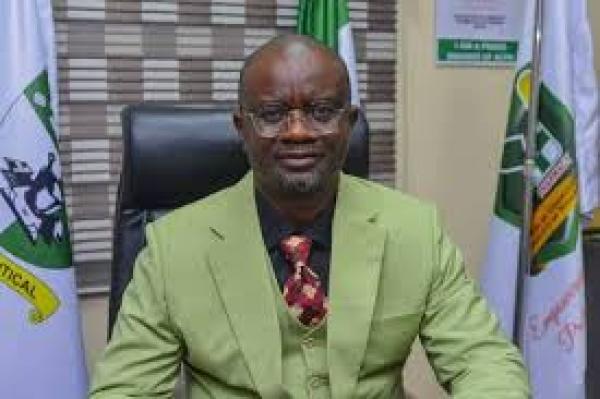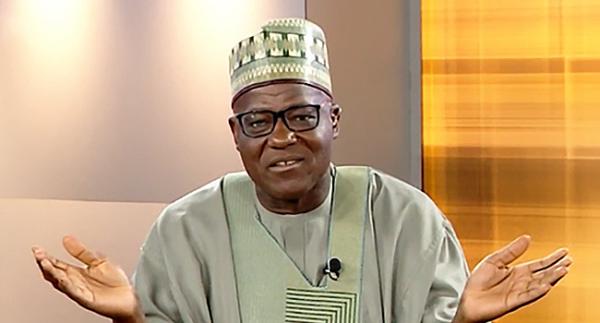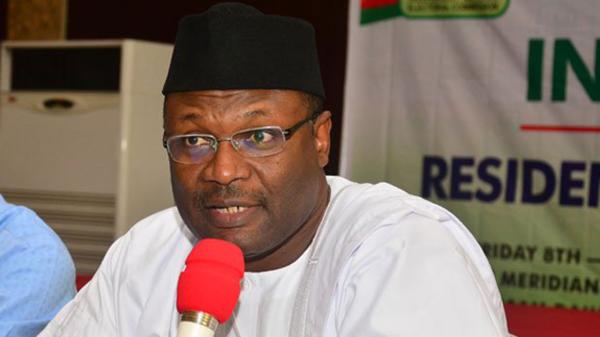
Mahmood Yakubu, chairman of the Independent National Electoral Commission (INEC), has commended the just-concluded presidential and parliamentary elections in Ghana, describing the process as a significant learning experience and a model of stability for the country.
On Saturday, December 7, Ghanaians went to the polls to elect a new president and members of parliament. John Mahama, the candidate of the National Democratic Congress (NDC), emerged as the President-elect.
Yakubu, who observed the elections as part of the ECOWAS network of electoral commissions alongside colleagues from Sierra Leone, Liberia, and Southern Africa, praised the electoral process. “It has been a very interesting election. We came here as part of the ECOWAS network of electoral commissions with colleagues from Sierra Leone, Liberia, and the Southern African region,” he said.
“We are grateful that the election has gone very well. The process and its outcome so far have been commendable, and we continue to support our colleagues in Ghana’s electoral commission.”
Highlighting the lessons drawn from Ghana's electoral landscape, Yakubu emphasized the stability of its political parties and the loyalty of their supporters. “There are many things that I’ve observed; the first thing is the political parties. Rarely in Ghana do you see people moving from one party to another with every general election. So, that is important. It provides stability,” he noted.
“It also provides their supporters with stability. So, there are people who have supported political parties for many years. Whether the party is in power or opposition, they stick to the political party.”
Yakubu also pointed out how Ghana adopted practices from Nigeria to enhance its electoral process, particularly in managing constituency election results. “The second thing for me is the lesson that Ghana also learnt from Nigeria in the area of managing constituency election results,” he explained.
“Until the last election in Ghana, all results come to the Electoral Commission’s headquarters in Accra, both parliamentary and presidential. Although Ghana is not a federal system, they learnt from Nigeria, where you have returning officers who announce results for parliamentary elections in the various constituencies around the country. Only the presidential election results come to Accra.”
He further highlighted the efficiency of this approach, adding, “In Nigeria, this is what we have done, and they borrowed a leaf from us, and this is the second time they are implementing that. That is why, as you can see, the declaration of the presidential election result was a lot faster than it used to be in the past.”












